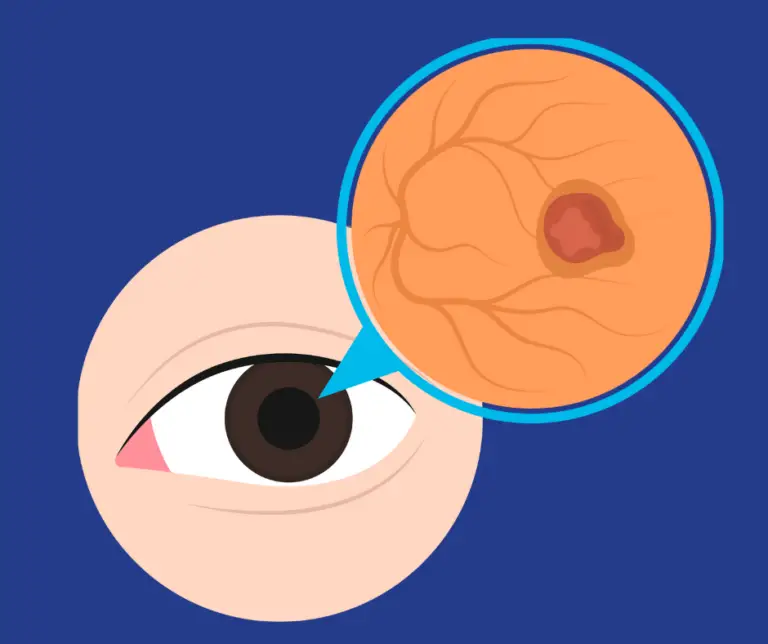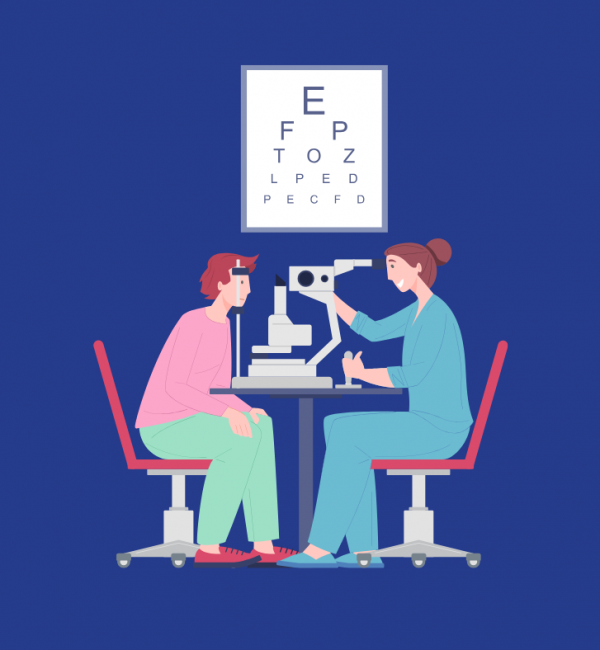Age-Related Macular Degeneration (AMD): What You Need to Know
Our eyes are windows to the world, but as we age, they can become vulnerable to conditions that threaten our vision. Age-Related Macular Degeneration (AMD) is one such condition, and it’s a leading cause of vision loss among adults over 50. Understanding the risks, symptoms, and need for continued research in AMD is essential to discover new innovations that may preserve AMD patient’s sight and improve their quality of life.

What is AMD?
AMD is a chronic eye disease that affects the macula, the central part of the retina that is responsible for sharp, detailed vision. Over time, AMD can impair activities like reading, driving, or recognizing faces.
There are two main types of AMD:
- Dry AMD: The most common form, caused by thinning of the macula over time. It progresses gradually and can cause mild to severe vision loss.
- Wet AMD: A less common but more severe form that is caused by abnormal blood vessels growing under the retina. Abnormal vessels leak fluid or blood, disrupt the retina’s function and leads to rapid vision loss.
Who is at Risk for AMD?
While AMD can affect anyone, certain factors increase your risk:
- Age: Risk for AMD increases significantly after age 50.
- Family History: Genetics play a key role in AMD development.
- Smoking: Smokers are at a much higher risk—up to four times (400%) more likely to develop AMD compared to non-smokers.
- Diet and Lifestyle: Poor nutrition, obesity, and lack of physical activity can contribute to the progression and severity of AMD.
- Race: AMD is more prevalent in Caucasians compared to other races and ethnicities.
- Eye Color: People with lighter eye colors may have a higher risk of developing AMD.

Symptoms of AMD
In its early stages, AMD may not cause noticeable symptoms. However, as the disease progresses, you might experience:
- Blurred or fuzzy vision.
- Difficulty recognizing faces.
- A need for brighter light when reading.
- Trouble adapting to low light levels (ex: entering a dimly lit restaurant or theater).
- Straight lines appearing wavy or distorted (a symptom of wet AMD)
- Dark or blank spots in your central vision.
How Research is Advancing AMD Treatment
Thanks to ongoing research, there’s hope for better treatments and management of AMD. Some key advancements include:
- Anti– (vascular endothelial growth factor (VEGF) Therapies: Medications that inhibit abnormal blood vessel growth significantly improve outcomes for wet AMD.
- Gene Therapy: Cutting-edge clinical trials are exploring genetic interventions to slow or reverse AMD progression.
- Stem Cell Research: Promising studies are investigating the potential of stem cells to repair or replace damaged retinal tissue.
- Implantable Devices: New studies are evaluating small, surgically implanted telescopes designed to improve visual acuity and enhance quality of life for individuals with late-stage AMD in both eyes.
- Lifestyle Interventions: Research confirms that a diet rich in antioxidants, lutein, and omega-3s can slow AMD progression.
How You Can Make a Difference
Clinical trials play a vital role in discovering and refining AMD treatments. By participating, you can help researchers unlock new possibilities for care while gaining access to innovative therapies for yourself.
At Ora, we’re at the forefront of ophthalmology research, committed to advancing AMD care. Explore our ongoing trials to see how you can contribute to the future of vision health.
Although there’s no cure for AMD, early detection and proactive management can make a world of difference. Schedule regular eye exams, adopt a healthy lifestyle, and stay informed about the latest research.
Let’s work together to preserve vision and improve lives. Learn more about AMD here or see if you qualify for one of our clinical trials.
Want to Stay Informed About the Latest Blog Posts?
Sign up for updates and never miss a post! We’re excited to share more insights on eye health. Our next blog post will be released on the first Monday of every month.